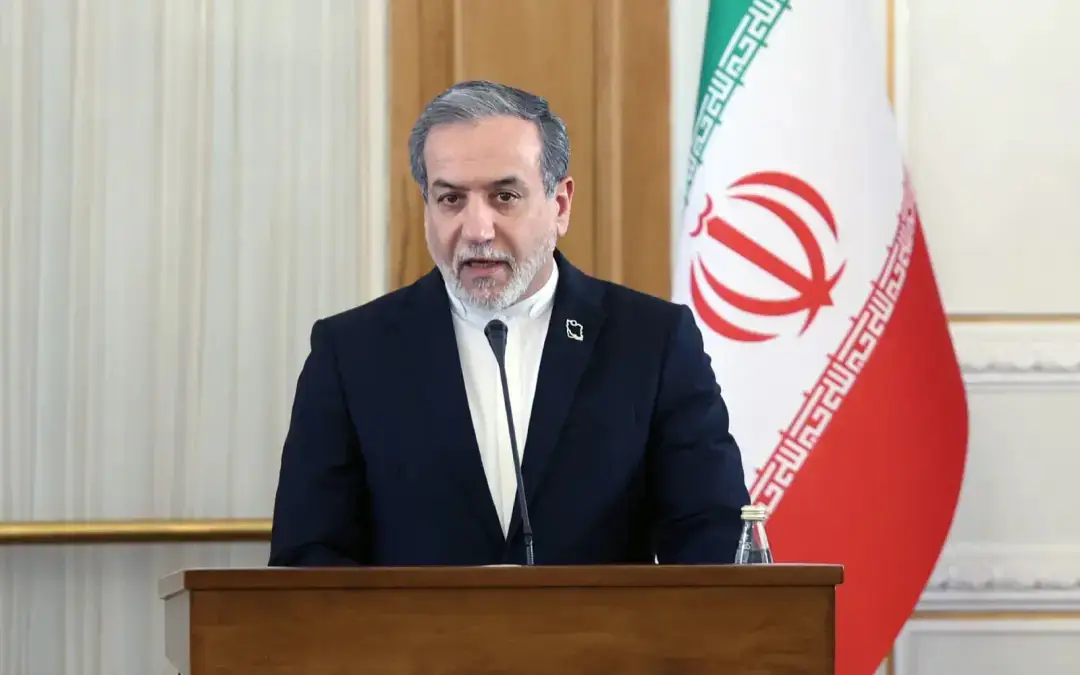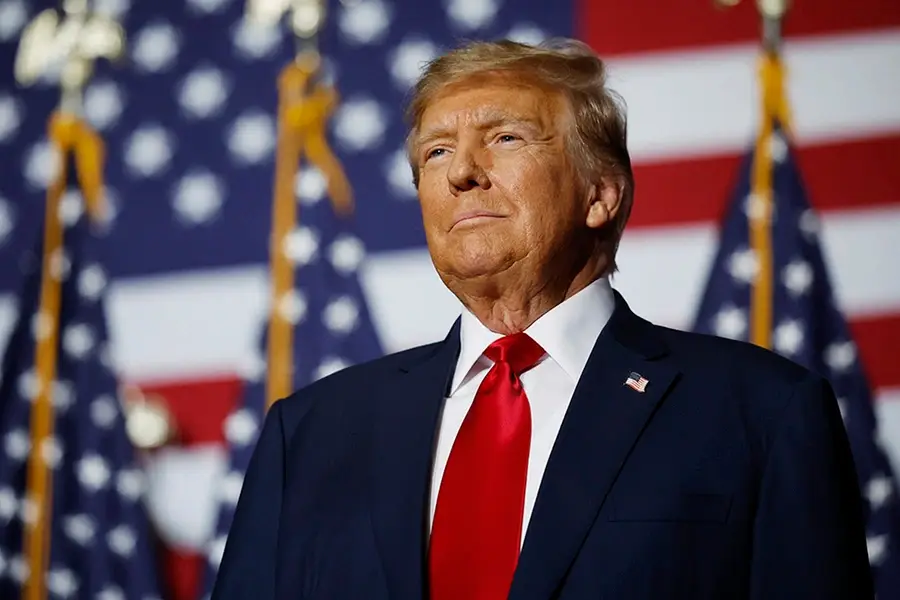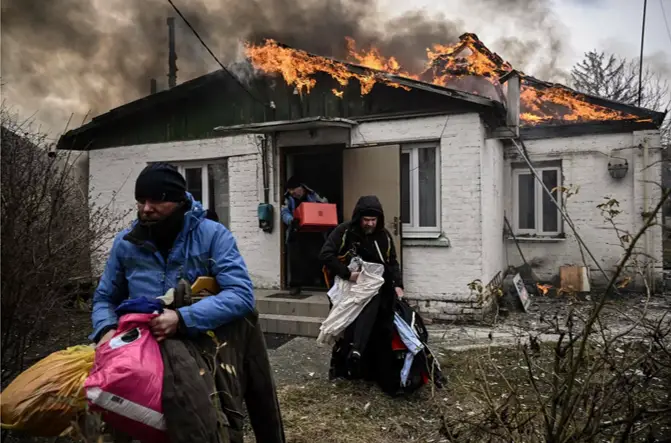Iran has long supported proxy groups in the Middle East as part of its broader strategy to counter Israel and expand its influence in the region. In Gaza, Iranian-backed factions like Hamas and Palestinian Islamic Jihad (PIJ) have played a central role in the ongoing conflict with Israel. These groups, armed and funded by Tehran, have engaged in a range of tactics to challenge Israel’s military dominance. Here’s a closer look at how Iran’s proxies have fought Israel in Gaza.
Table of Contents
Military and Financial Support from Iran
Iran has been a key backer of Hamas and PIJ, providing them with financial aid, weapons, and training. This support includes rockets, missiles, and other military equipment used in conflicts with Israel. Over the years, Iran has also helped these groups develop their rocket capabilities, enabling them to fire longer-range projectiles that can reach deeper into Israeli territory.
Rocket Attacks on Israeli Cities
During major escalations, such as the 2021 Gaza war, Iranian-backed groups launched thousands of rockets into Israel. These attacks aimed to overwhelm Israel’s Iron Dome defense system and inflict civilian casualties. The rockets, many of which were supplied or funded by Iran, targeted cities like Tel Aviv and Jerusalem, creating widespread fear and disruption.
Tunnel Warfare and Smuggling
Iran has also supported the construction of an extensive network of tunnels in Gaza. These tunnels are used for smuggling weapons, storing munitions, and launching surprise attacks. Some tunnels have even been dug into Israeli territory, posing a direct threat to nearby communities. Israel has invested heavily in detecting and destroying these tunnels, often targeting them during military operations.
Urban Warfare and Human Shields
Hamas and PIJ have been accused of using civilian infrastructure, such as schools, hospitals, and residential areas, to store weapons and launch attacks. This tactic complicates Israel’s military response, as strikes on these locations often result in civilian casualties, drawing international condemnation.
Coordination with Other Iranian Proxies
Iran’s proxies in Gaza often coordinate with other Iranian-backed groups in the region, such as Hezbollah in Lebanon. This multi-front strategy creates additional challenges for Israel, which must simultaneously address threats from Gaza, Lebanon, and elsewhere. Hezbollah has reportedly provided training and logistical support to Hamas and PIJ, further enhancing their capabilities.
Cyber and Psychological Warfare
In addition to conventional warfare, Iranian-backed groups have engaged in cyberattacks and propaganda campaigns to undermine Israel’s morale and infrastructure. Social media platforms are frequently used to spread anti-Israel messaging and rally support for Palestinian resistance.
Political and Diplomatic Backing
Beyond military support, Iran provides political and diplomatic backing to Hamas and PIJ. Tehran advocates for their cause in international forums and rallies support from other anti-Israel actors. This support helps legitimize the actions of these groups and strengthens their position within Palestinian society.
Impact on Israel and the Region
The constant threat from Iranian proxies in Gaza has forced Israel to invest heavily in defense systems like the Iron Dome and to conduct periodic military operations to degrade the capabilities of these groups. The conflict has also shaped Israeli domestic politics, with security concerns playing a central role in elections and policymaking.
Internationally, Iran’s support for proxies in Gaza is part of its broader strategy to challenge Israel and the West in the Middle East. The conflict has drawn in regional and global powers, with countries like the United States supporting Israel and others, such as Qatar and Turkey, playing mediating roles.
Conclusion
Iran’s proxies in Gaza, primarily Hamas and PIJ, have fought Israel through a combination of rocket attacks, tunnel warfare, and psychological operations, all supported by Iranian funding, weapons, and training. This ongoing conflict is a key component of Iran’s regional strategy and a major challenge for Israel’s security. As tensions in the region continue to simmer, the role of Iranian-backed groups in Gaza remains a critical factor in the broader Israeli-Palestinian conflict.



